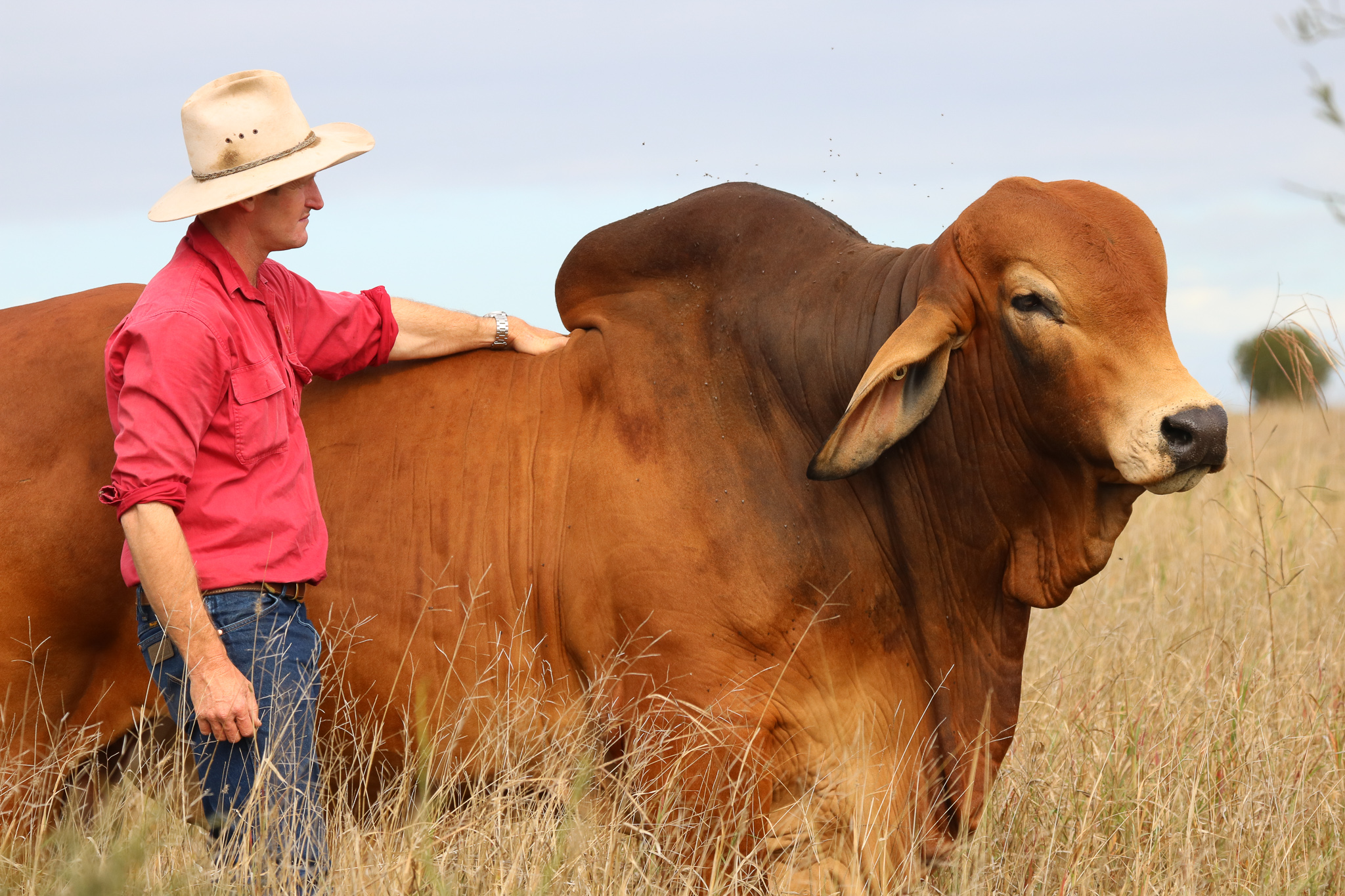There is nothing more disappointing than buying an animal that is well-behaved on sale day but whose progeny display unfavourable temperaments. Selecting an animal that has a quiet temperament is easier said then done, however. Temperament is one of Rockley’s 7 elite breeding attributes. I’d like to share with you our approach to selecting and breeding calm cattle and invite you to use a checklist I’ve put together to help you select and buy well for this important trait.
Temperament – An elite breeding attribute
As for all Rockley’s 7 elite breeding attributes, we have uncompromising standards when it comes to temperament. Rockley cattle are genetically selected for their calm and easy nature and this is reinforced through our weaner grading system, which allows us to identify the source of a temperament issue and cull accordingly. The outcome is that when you buy Rockley cattle, behaviour modification will be unnecessary, and you can expect smooth integration of your new bulls and females into your existing herds.
Poor temperament – consequences
It’s frustrating and expensive to buy and breed an animal that turns out to have a poor temperament. You end up having to cull and then replace it – at huge financial loss. It may also be difficult for you to sell any progeny with poor temperaments, yet their production costs will be the same as those of animals with good temperament. Overall, your breeding program will be interrupted and delayed and this will affect your business results.
Good temperament – benefits
On the other hand, when you buy an animal with a good temperament that passes on this important trait to its progeny, your investment is more likely to bring a return. Your business is much more likely to benefit from good sales prices and your reputation as a trustworthy breeder will grow.
Buying an animal with good temperament from a sale is especially challenging if you don’t have the chance to examine it before sale day. Many vendors will have spent a few weeks prior to the auction preparing their animals , and what you see on sale day might not be what you get when you take the animal home. To help you select and buy well for temperament, we’ve shared our experience and created this Temperament Checklist, which is also available for you to download as a PDF.
Temperament Checklist PDF Download
TEMPERAMENT CHECKLIST
Use our guidelines to help you select and buy well for temperament
Preparation:
1. Take the time to pre-inspect any animal you may wish to purchase well before the sale. This will help you examine an animal’s do-ability if they are straight out of the paddock or grain prepared for sale. Try to view the dam and sire of the animal you’re interested in as their behaviour may indicate the temperament they are likely to pass on to progeny.
2. If you can’t physically visit for an inspection, ask to see photos and/or video of the animal you’re interested in.
Questions to ask:
3. How much handling have the cattle had, individually and as a group?
4. How does your preferred animal behave compared to the rest of the group? What can the vendor tell you about the animal’s temperament history?
5. Can you rub or pat the animal? Can the whole draft be touched or only particular animals? Where the majority of animals in a vendor’s draft can be rubbed or patted, those that can’t may not breed quiet cattle.
6. Is there a risk of temperament issues in the pedigree? If your preferred animal has siblings, do they seem quiet?
7. Does the vendor have a good reputation?
Do your homework:
8. Find out what the vendor understands by ‘quiet temperament’ as it can mean different things to different vendors. Then find out what emphasis they place on temperament in their breeding program.
9. Can you talk to other breeders who have bought cattle from this vendor for feedback about their experiences?
10. Develop your own knowledge about temperament. Some bull and cow lines have the ability to breed progeny that all possess a quiet temperament. Target those animals, and don’t compromise for those that don’t meet your standards.



